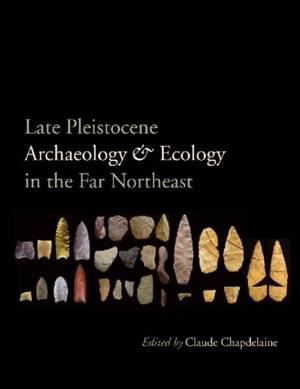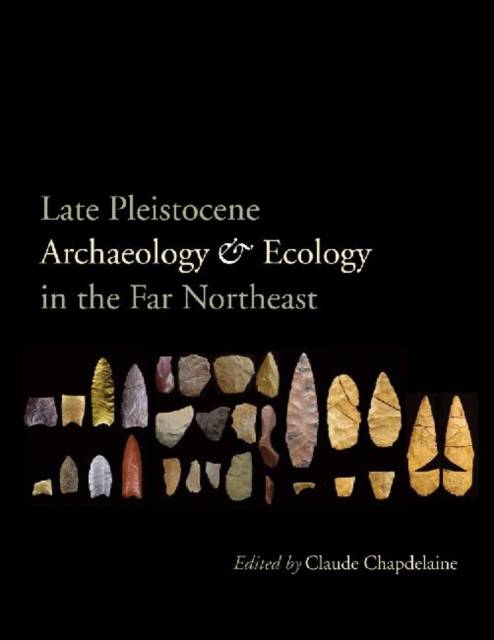
- Retrait gratuit dans votre magasin Club
- 7.000.000 titres dans notre catalogue
- Payer en toute sécurité
- Toujours un magasin près de chez vous
- Retrait gratuit dans votre magasin Club
- 7.000.0000 titres dans notre catalogue
- Payer en toute sécurité
- Toujours un magasin près de chez vous
Late Pleistocene Archaeology and Ecology in the Far Northeast
Description
The Far Northeast, a peninsula incorporating the six New England states, New York east of the Hudson, Quebec south of the St. Lawrence River and Gulf of St. Lawrence, and the Maritime Provinces, provided the setting for a distinct chapter in the peopling of North America. Late Pleistocene Archaeology and Ecology in the Far Northeast focuses on the Clovis pioneers and their eastward migration into this region, inhospitable before 13,500 years ago, especially in its northern latitudes.
Bringing together the last decade or so of research on the Paleoindian presence in the area, Claude Chapdelaine and the contributors to this volume discuss, among other topics, the style variations in the fluted points left behind by these migrating peoples, a broader disparity than previously thought. This book offers not only an opportunity to review new data and interpretations in most areas of the Far Northeast, including a first glimpse at the Cliche-Rancourt Site, the only known fluted point site in Quebec, but also permits these new findings to shape revised interpretations of old sites. The accumulation of research findings in the Far Northeast has been steady, and this timely book presents some of the most interesting results, offering fresh perspectives on the prehistory of this important region.
Spécifications
Parties prenantes
- Editeur:
Contenu
- Nombre de pages :
- 264
- Langue:
- Anglais
- Collection :
Caractéristiques
- EAN:
- 9781603447904
- Date de parution :
- 18-09-12
- Format:
- Livre relié
- Format numérique:
- Genaaid
- Dimensions :
- 224 mm x 284 mm
- Poids :
- 997 g

Les avis
Nous publions uniquement les avis qui respectent les conditions requises. Consultez nos conditions pour les avis.





